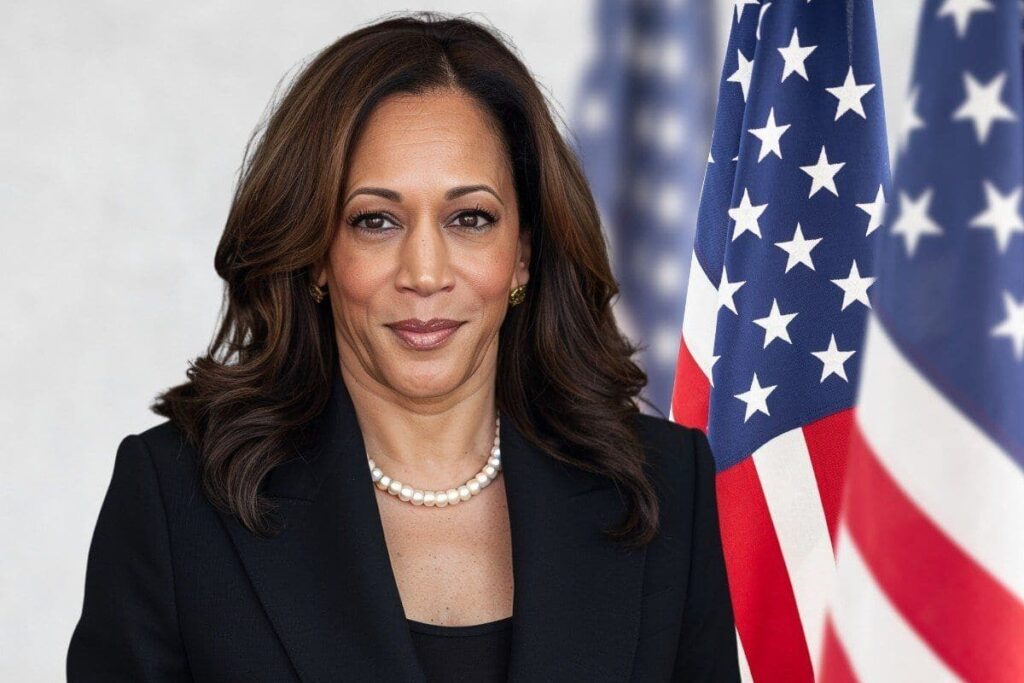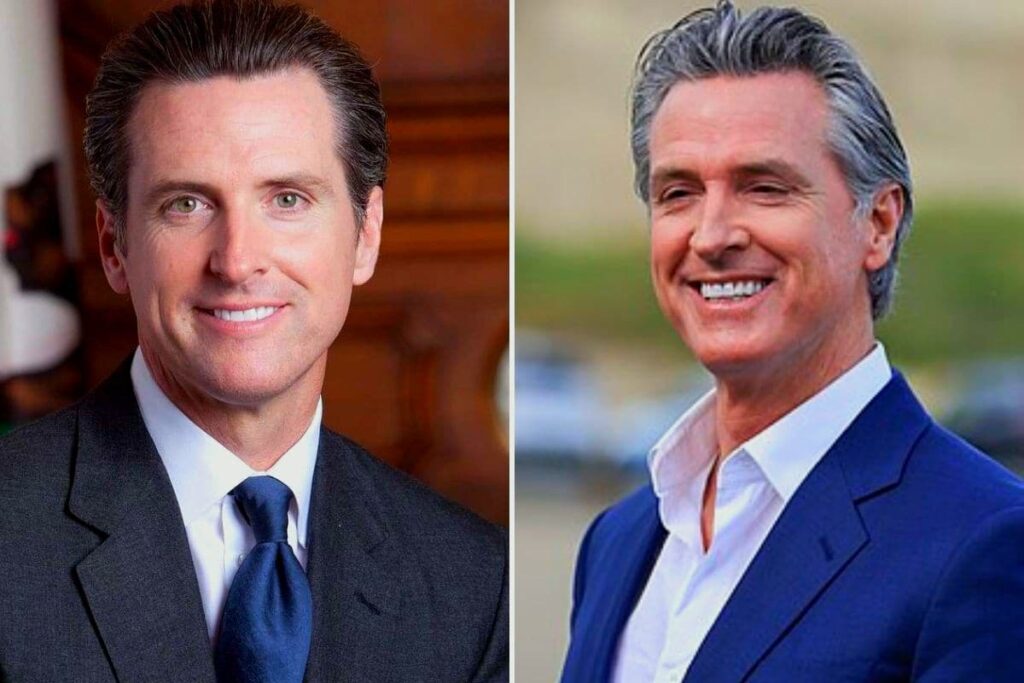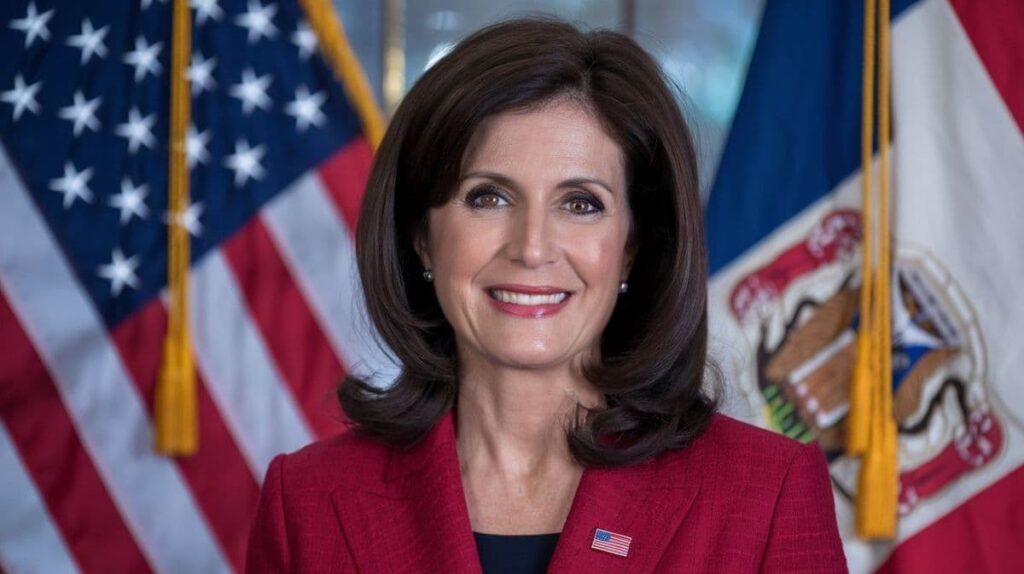Latest News
As of 2024, former U.S. President Jimmy Carter, who celebrated his 99th birthday in October 2023, remains under hospice care in his Plains, Georgia, home. Carter’s decision to enter hospice care in February 2023 came after a series of health issues, including cancer treatments and hospitalizations. The nation continues to celebrate his remarkable life of service, from his humanitarian efforts with the Carter Center to his deep commitment to diplomacy, human rights, and fighting diseases globally. In late 2023, tributes have poured in for Carter, recognizing his legacy as one of the longest-living and most active post-presidency figures in U.S. history.
Overview Table
| Name | James Earl Carter Jr. |
|---|---|
| Born | October 1, 1924 |
| Place of Birth | Plains, Georgia, U.S. |
| Occupation | 39th President of the United States (1977–1981) |
| Political Party | Democratic Party |
| Education | United States Naval Academy (B.S.) |
| Notable Achievements | Nobel Peace Prize (2002), Founder of The Carter Center |
| Spouse | Rosalynn Carter (m. 1946; d. 2023) |
| Children | John William (Jack), James Earl III (Chip), Donnel Jeffrey (Jeff), Amy Lynn |
| Post-Presidency Contributions | Humanitarian work, Carter Center, Habitat for Humanity |
| Recent Health Update | Under hospice care since February 2023 |
| Awards | Nobel Peace Prize (2002), Presidential Medal of Freedom (1999) |
Early Life and Education
Jimmy Carter, born on October 1, 1924, in Plains, Georgia, to James Earl Carter Sr. and Lillian Gordy Carter, grew up in a rural farming community. His father was a prominent businessman and farmer, while his mother, Lillian, worked as a nurse. Carter’s early exposure to the complexities of the agricultural economy and his mother’s dedication to community service greatly shaped his future.
Carter attended the local public school in Plains and then Georgia Southwestern College. Carter earned an appointment to the United States Naval Academy in Annapolis, Maryland. He graduated in 1946 with a Bachelor of Science degree. Carter began a promising career in the U.S. Navy. He served on submarines and became a nuclear energy specialist under Admiral Hyman Rickover’s mentorship.
Key Educational Milestones
| Year | Event |
|---|---|
| 1924 | Born in Plains, Georgia |
| 1946 | Graduated from U.S. Naval Academy |
| 1946 | Married Rosalynn Smith |
| 1953 | Left the Navy to manage family farm |
Also Read This: Mitt Romney Biography – Senator, Governor, Leader
Political Career
Georgia State Politics (1963–1971)
After his father died in 1953, Carter left his Navy career to return to Plains, taking over the family peanut farm. He became deeply involved in local politics and community organizations, which led to his election to the Georgia State Senate in 1962. His tenure as a state senator was marked by his advocacy for civil rights and efforts to combat segregation. He aligned himself with progressive Democratic causes during the turbulent civil rights era in the Southern United States.
Governor of Georgia (1971–1975)
In 1970, Jimmy Carter ran for governor of Georgia on a platform of racial reconciliation and modernizing the state’s economy. His victory symbolized a new era for Georgia politics, where Carter worked to expand educational opportunities, improve state infrastructure, and enhance environmental protections.
Presidency (1977–1981)
Jimmy Carter began his term as the 39th President of the United States on January 20, 1977, after defeating the incumbent President Gerald Ford in the 1976 election. Carter’s presidency was defined by a focus on human rights, energy reform, and foreign diplomacy, but domestic and international challenges, including the energy crisis and the Iran hostage crisis, also marked it.
Domestic Policy
- Energy Crisis: One of the defining challenges of Carter’s presidency was the energy crisis that began in the mid-1970s. In response, Carter created the Department of Energy and advocated for energy conservation, renewable resources, and reducing the U.S.’s reliance on foreign oil.
- Environmental Protection: Carter also emphasized environmental protection, signing important legislation like the Alaska National Interest Lands Conservation Act, which protected millions of acres.
Foreign Policy
- Camp David Accords: Carter’s most enduring foreign policy achievement came in 1978 with the Camp David Accords, where he brokered peace between Egypt and Israel. That earned him worldwide recognition as a peacemaker.
- Iran Hostage Crisis: The central low point of Carter’s presidency was the Iran hostage crisis, where 52 American diplomats and citizens were arrested for 444 days. Despite Carter’s exhaustive diplomatic efforts, the hostages were held captive until Ronald Reagan’s inauguration as President.
Economic Policy
Carter inherited a sluggish economy with rising inflation and unemployment rates. While he initiated efforts to control inflation, such as appointing Paul Volcker as the Federal Reserve Chairman, these measures took time and led to short-term economic hardship, contributing to his loss in the 1980 presidential election to Ronald Reagan.
Major Presidential Achievements and Challenges
| Year | Event |
|---|---|
| 1977 | Inaugurated as 39th U.S. President |
| 1978 | Brokered Camp David Accords |
| 1979 | Energy Crisis and Creation of Dept. of Energy |
| 1979 | Iran Hostage Crisis Begins |
| 1980 | Defeated by Ronald Reagan in re-election bid |
Also Read This: Bill Clinton Biography: 42nd U.S. President & Legacy
Post-Presidency: Humanitarian and Diplomatic Work
After leaving office, Carter embarked on a new chapter of public service that would define his post-presidency legacy. In 1982, he founded the Carter Center, a non-profit organization focused on promoting human rights and reducing human suffering. The Center has focused on various global issues, including disease eradication, election monitoring, conflict resolution, and mental health advocacy.
Humanitarian Efforts
- Disease Eradication: One of Carter’s most lauded initiatives has been his fight against diseases in the developing world. Notably, the Carter Center led a successful campaign to eradicate Guinea worm disease nearly.
- Habitat for Humanity: In collaboration with Habitat for Humanity, Carter and his wife Rosalynn personally participated in building homes for those in need, solidifying his commitment to hands-on community service.
Nobel Peace Prize
In 2002, Jimmy Carter was given the **Nobel Peace Prize** for his relentless efforts to promote peace, democracy, and human rights. This honor recognized his global impact, particularly his role in mediating conflicts and monitoring elections in emerging democracies.
Personal Life and Legacy
Jimmy Carter’s marriage to Rosalynn Smith in 1946 was a hallmark of his personal life. The couple had four children and shared a deep commitment to humanitarian work. Rosalynn, who passed away in November 2023, was a significant figure in her own right, particularly in mental health advocacy. Their partnership, over 77 years, was celebrated for its shared dedication to public service.
Family and Personal Milestones
| Year | Event |
|---|---|
| 1946 | Married Rosalynn Smith |
| 1947–67 | Birth of children: Jack, Chip, Jeff, Amy |
| 1982 | Founded the Carter Center |
| 2002 | Awarded the Nobel Peace Prize |
| 2023 | Rosalynn Carter passed away |
Jimmy Carter’s life stands as a powerful example of dedication to public service, human rights, and peacemaking. As the longest-living former President in U.S. history, Carter’s achievements after his presidency have arguably overshadowed his time in office. Through his work with the Carter Center, he has made significant contributions to global health and democracy. His unwavering commitment to these causes continues to inspire, demonstrating the profound impact of compassion, diplomacy, and ethical leadership.
Frequently Asked Questions (FAQs)
Jimmy Carter is the 39th President of the United States, a Nobel Peace Prize winner, and a renowned humanitarian known for his global peace and health initiatives.
Carter’s key achievements include brokering the Camp David Accords, focusing on energy reform, and promoting human rights worldwide.
After leaving office, Carter founded the Carter Center, focusing on global health, peace, and human rights, and was awarded the Nobel Peace Prize in 2002.
Jimmy Carter served as the 39th U.S. President from 1977 to 1981.
The Carter Center is a non-profit organization set up by Jimmy Carter in 1982. It is dedicated to advancing human rights, resolving conflicts, and eradicating diseases globally.
Reference Information
- Article Title: Jimmy Carter Biography: Legacy of Service & Peace
- Author: mixinsights.com Editors
- Website Name: Mix Insights
- URL: https://mixinsights.com/politicians/jimmy-carter/
- Last Updated: September 18, 2024
- Original Published Date: September 18, 2024
This information is based on our own research.









